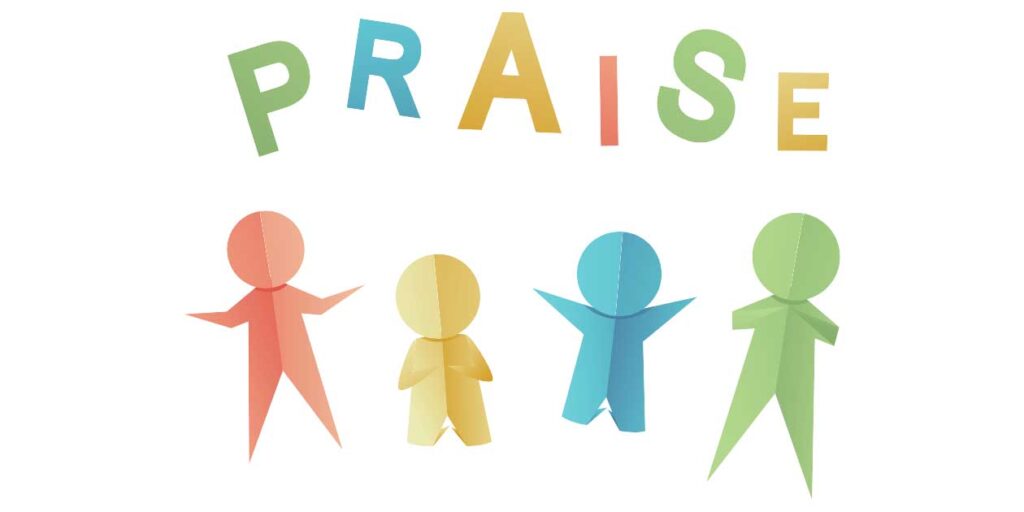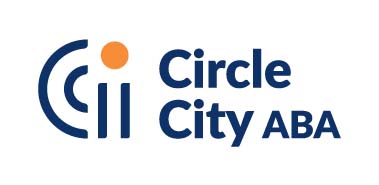
Caring for a child with autism can present various challenges, especially when addressing challenging behaviors. While there isn’t a one-size-fits-all approach, some methods have proven to be effective. One such method is meaningful praise. Circle City ABA‘s child-centered, compassionate approach to therapy brings family goals and clinical best practices together to help kids learn and grow. This blog post will discuss meaningful praise, how it works, and how you can improve your child’s challenging behaviors.
What is Meaningful Praise
Meaningful praise involves more than just saying “Good job.” Instead, it focuses on acknowledging specific behaviors and the effort involved in completing them. For example, instead of saying, “Good job on your homework,” you might say, “I can see that you worked hard on your math homework today. I’m so proud of you for sticking with it.” By acknowledging the specific action and effort, you are providing meaningful praise.
Meaningful praise creates a positive reinforcement loop that encourages children to continue engaging in positive behaviors. When a child participates in positive behavior and receives significant praise, they are more likely to repeat that behavior in the future. Over time, positive behaviors become habits and replace challenging behaviors.
It’s necessary to note that effective praise is about the words we use and how we use them. The tone of voice, facial expression, and body language are all important factors in delivering effective praise. Using a positive tone of voice, smiling face, and pointing out specific behaviors reinforces the impact of the praise and makes it more effective.
So, how can you use meaningful praise to improve challenging behaviors in your child with autism? Firstly, identify the specific behaviors you want to reinforce. For example, immediately provide meaningful praise if your child is engaging in positive behavior, such as completing homework independently. This reinforces that behavior and makes it more likely to occur. Secondly, it’s essential to be consistent. Children on the autism spectrum thrive on routine and structure, so providing consistent praise is crucial in reinforcing positive behaviors.
Another helpful technique is to involve your child in the praise process. Ask them to identify specific behaviors they feel proud of and then provide meaningful praise. This allows your child to become more aware of their behaviors and encourages self-reflection. Children who see the positive effects of their actions are more likely to repeat them.
It’s essential to remember that everyone is different, and what may prove successful for one child may not be successful for another. Therefore, if you’re experiencing challenges with your child’s behavior, it’s essential to work with a trained professional, such as a behavior analyst, who can provide customized interventions tailored to your child’s specific needs.
Meaningful Praise a Powerful Tool
In conclusion, meaningful praise is a powerful tool for improving challenging behaviors in children with autism. By acknowledging specific behaviors and the efforts involved in completing them, children are encouraged to continue engaging in positive behaviors. In addition, by providing consistent and structured praise, involving your child in the praise process, and seeking professional assistance when necessary, you can help them develop positive habits and improve their overall quality of life.
Circle City ABA passionately nurtures progress through play with ABA therapy.
We understand that caring for children with autism also means caring about their families – so we provide full-family education and support from day one. You’re an active and involved part of the process. To us, that means we’re here to walk you through what we’re doing and why. We share in your child’s wins together, and we’re always available to answer questions, discuss concerns, or workshop solutions to problems together. Learn more about Circle City ABA at circlectiyaba.com.


